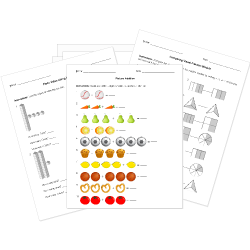Common Core Standard RI.7.1 Questions
Cite several pieces of textual evidence to support analysis of what the text says explicitly as well as inferences drawn from the text.
You can create printable tests and worksheets from these questions on Common Core standard RI.7.1! Select one or more questions using the checkboxes above each question. Then click the add selected questions to a test button before moving to another page.







